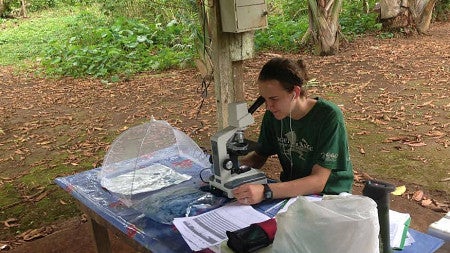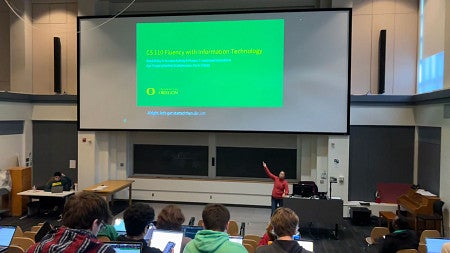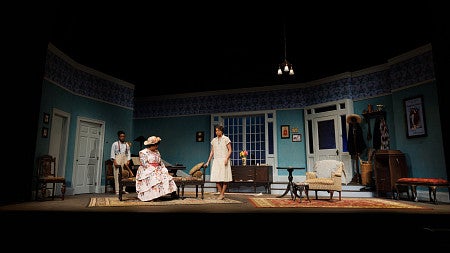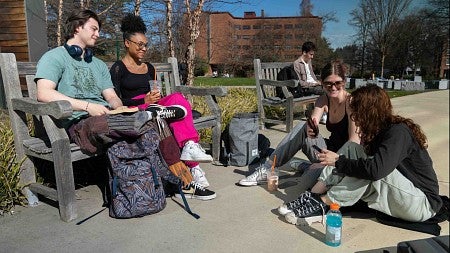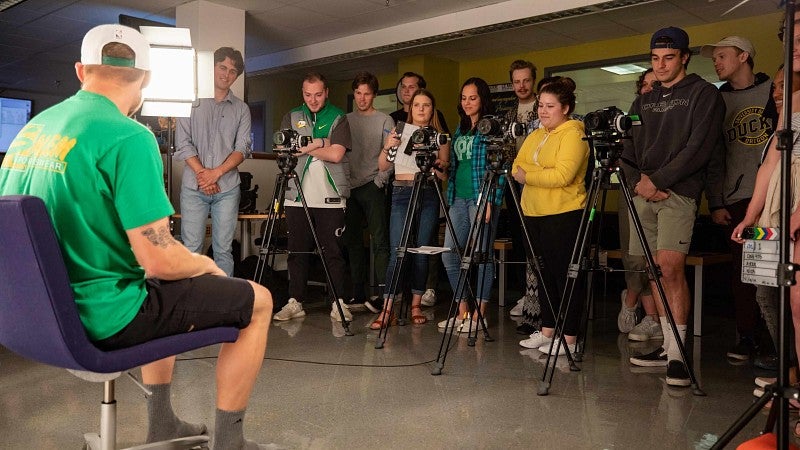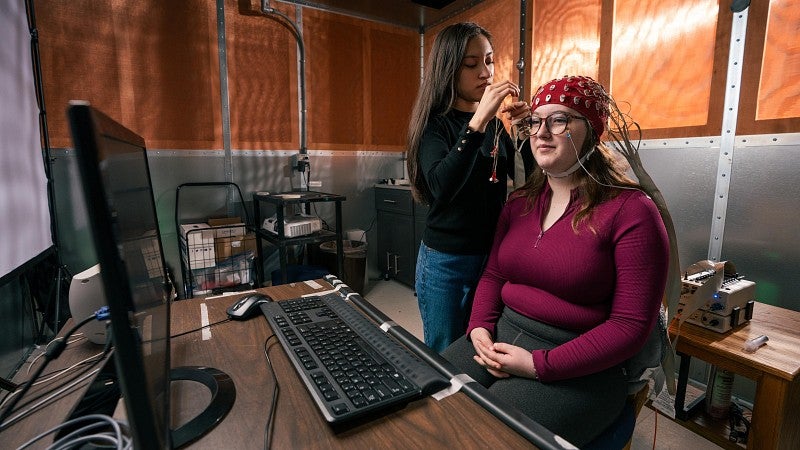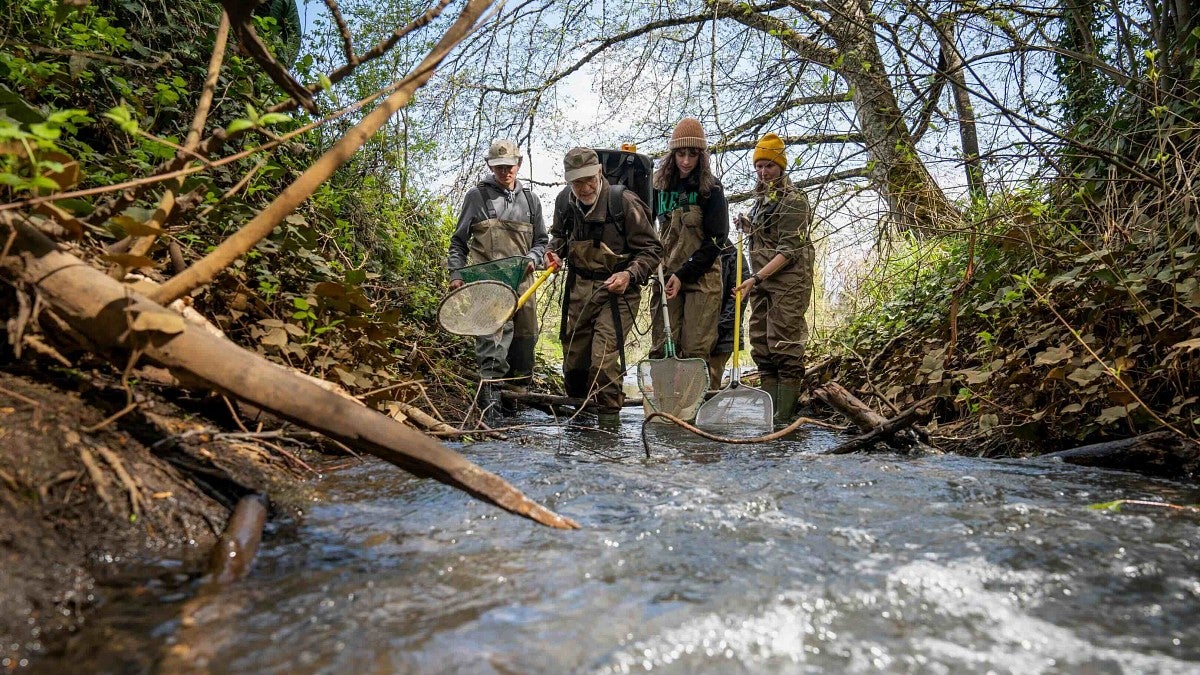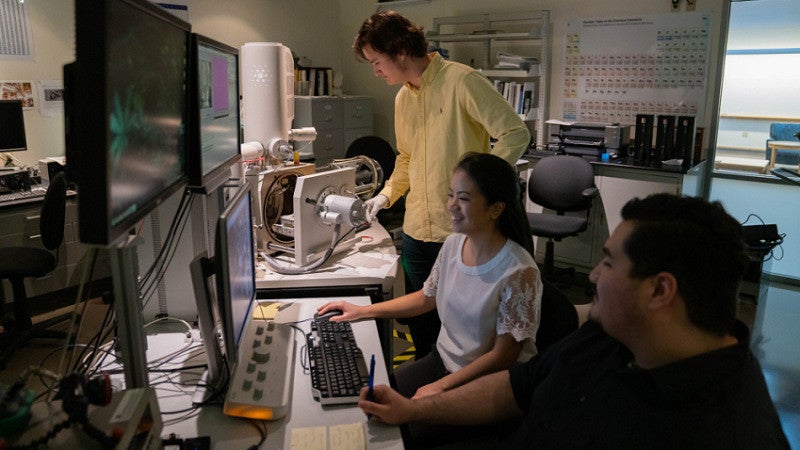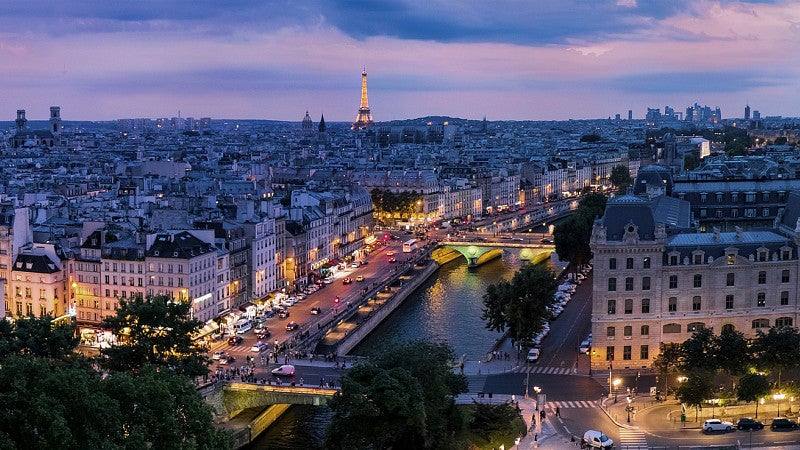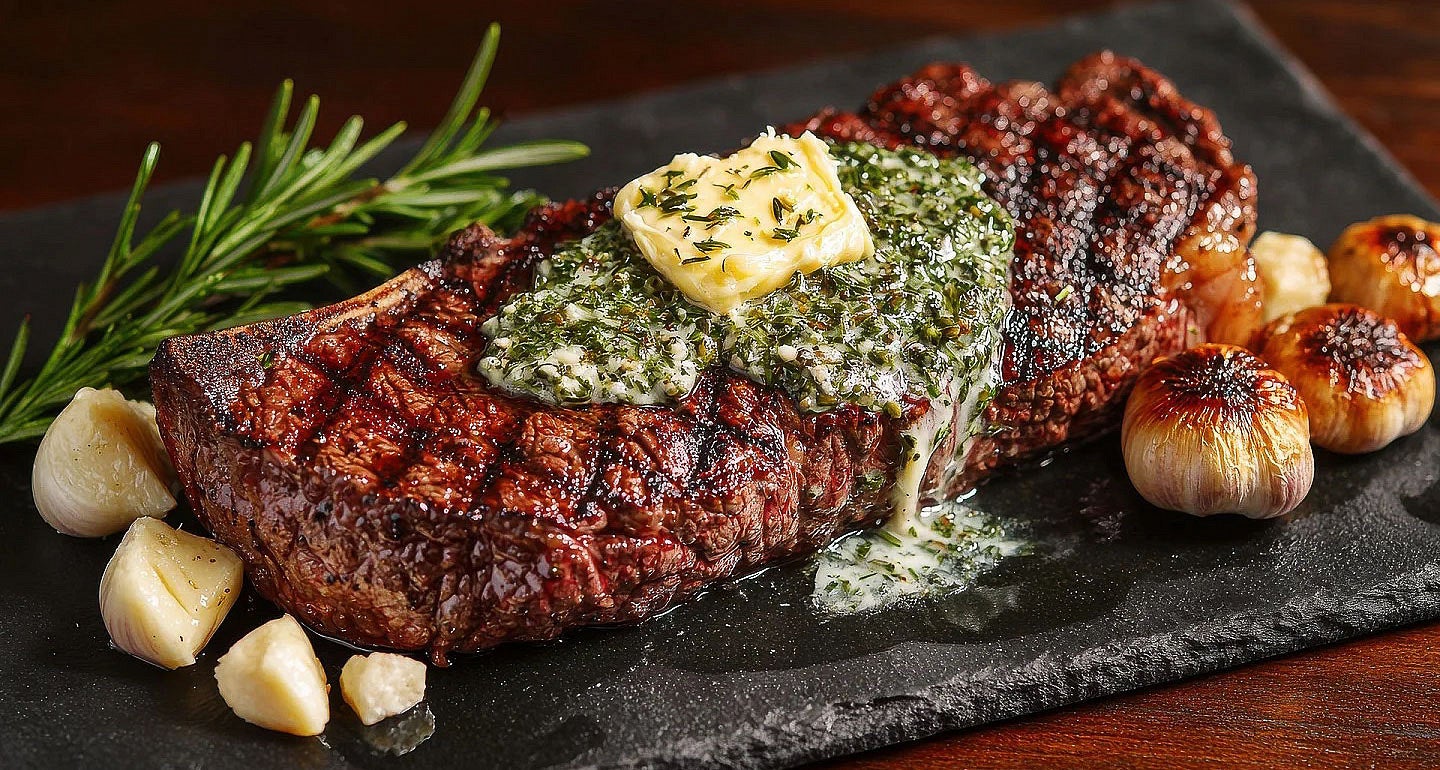
What's the Beef with the New Food Pyramid?
When the US Department of Health and Human Services announced a new set of dietary guidelines in January, they flipped the old guidelines upside down, putting an emphasis on red meat and dairy. Hannah Cutting-Jones, a global studies assistant professor in the College of Arts of Sciences, dives into the history of the food pyramid and the impacts of the new guidelines.
“While many of us may not follow USDA advice closely,” she added, “these documents shape public policy and impact funding for school lunches, military bases, hospitals and SNAP benefits across the country.”
Cutting-Jones teaches courses in the Food Studies Program, which is a part of the Schnitzer School of Global Studies and Languages. She often contributes her expertise on protein and food studies to publications like the New York Times.
News from CAS
All news »
We Love Our Supporters
Gifts to the College of Arts and Sciences can help our students make the most of their college careers. To do this, CAS needs your support. Your contributions help us ensure that teaching, research, advising, mentoring, and support services are fully available to every student. Thank you!
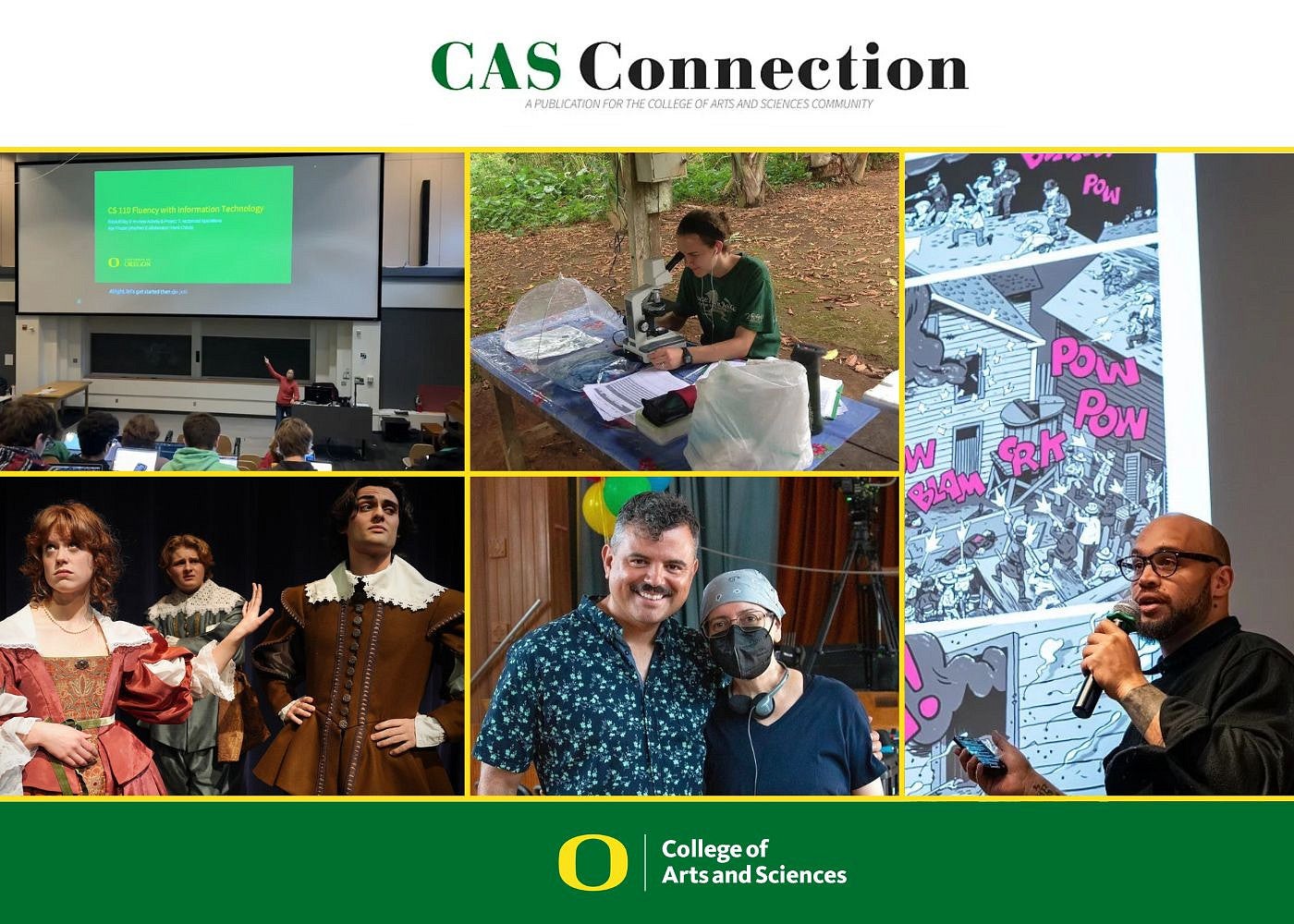
What’s Happening in CAS?
What happens when the food pyramid gets flipped? Schnitzer School of Global Studies and Languages Assistant Professor Hannah Cutting-Jones dives into the new food pyramid announced by the US Department of Health and Human Services, and the impacts of the new guidelines.
Also in the February CAS Connection issue, read how a two-year prestigious Oregon fellowship is bringing a professor's visions to life, an alum who is a tenure-track faculty member at Washington University continuing research she did at the UO, a 100-level computer science course teaching AI — and more.
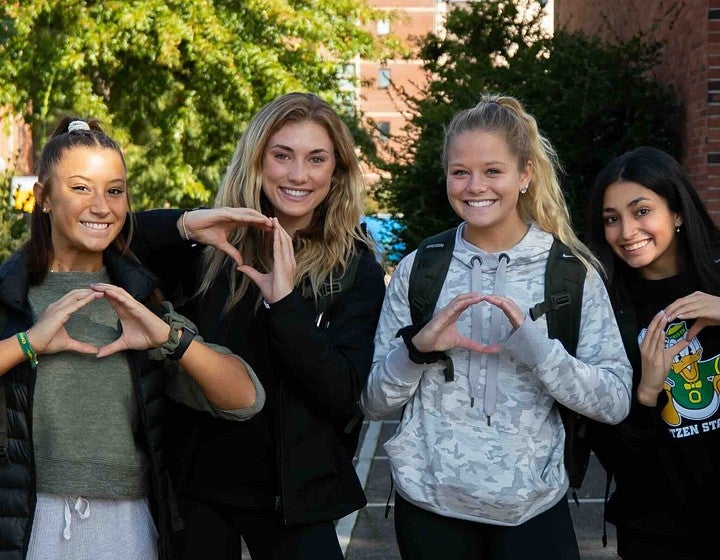
Undergraduate Studies
Wherever your academic goals eventually take you at the UO, all Ducks begin their journey with foundational courses in CAS. More than 60 percent of students go on to pursue a major in a CAS department or program. With more than 50 departments and programs, there’s an intellectual home for almost any interest, talent, or career aspiration.
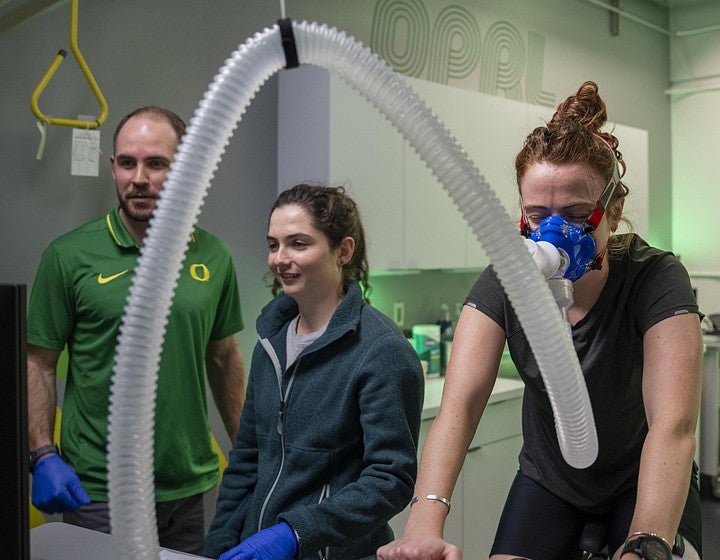
Graduate Studies
The College of Arts and Sciences offers more than 30 master's programs and more than 20 doctoral programs across a diverse range of disciplines. Both as contributors to research teams and through their own scholarship and teaching, our CAS graduate students are indispensable to the vitality of the UO academic mission.
Student Support Services
We provide our students with a variety of resources to help you thrive inside and outside the classroom. Through Tykeson Advising, we provide comprehensive academic and career advising from the start of your journey at the University of Oregon. Learn about career preparation and get assistance in selecting the very best classes. Connect with labs, libraries, IT and tutoring. Find your community on campus.
World-Class Faculty
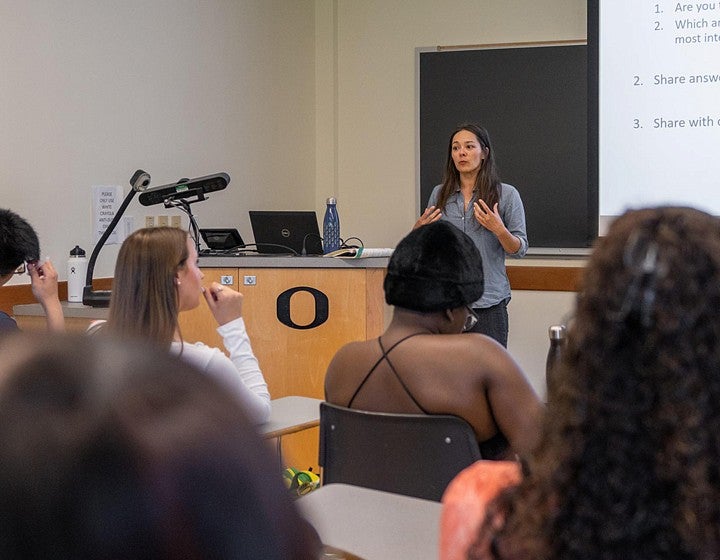
The College of Arts and Sciences faculty members are a driving force of the high-output, high-impact research activity that has earned the UO membership in the prestigious Association of American Universities (AAU). Our world-class faculty members are inspiring teachers.
Among them are five members of the American Academy of Arts and Sciences, four members of the National Academy of Sciences. They are committed to helping students discover their academic passion. Every day, they work to expand students’ intellectual horizons, preparing them for life after college with real-world knowledge and skills.
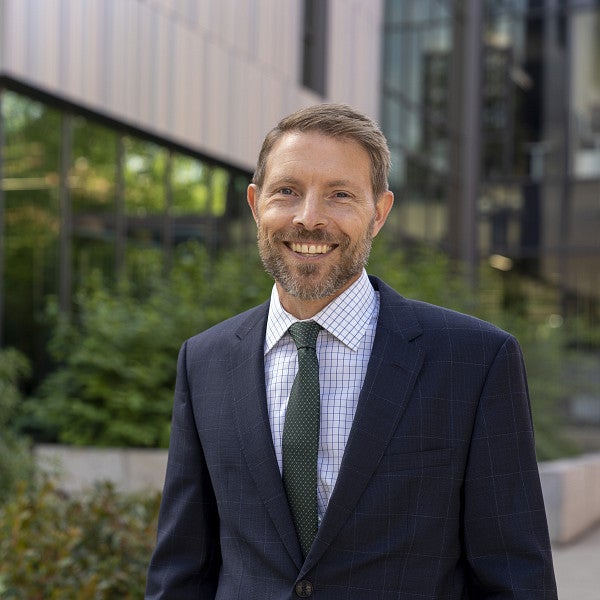
Meet our Dean
In the College of Arts and Sciences (CAS), we are committed to excellence in research and teaching, student success, and diversity, equity, and belonging.
A liberal arts education—one that offers a breadth of intellectual approaches and perspectives and depth in a major discipline—is the foundation to a purposeful life as a life-long learner, engaged citizen, and leader. The skills you will learn here—from written and verbal communication to analytical and quantitative reasoning, to compassion and understanding—are those that employers seek and will open the door to a wealth of opportunities.
You will find more than 50 majors and a multitude of minors within CAS, and seemingly endless opportunities for personal exploration and discovery. Whether you are an incoming first-year student, a grad student or a transfer student, you can map an exciting future and be part of a fun, warm, engaged liberal arts community here. Come join us. And go Ducks!
The College of Arts and Sciences includes:
Happening at CAS
10:00–11:00 a.m.
Please join us Tuesday mornings for a free cup of coffee, pastries, and conversation with your history department community! We’re excited to continue this tradition for our history undergraduate and graduate students, faculty, and staff. We hope to see you there!
4:00 p.m.
Join the Creative Writing Program for an info session to learn more about the Kidd Creative Writing Workshops and the application process!
Visit https://humanities.uoregon.edu/creative-writing/undergraduate-programs/kidd-workshops to learn more about the Kidd Workshops and to apply.
6:00–7:00 p.m.
Research Talk at UO – "How Venezuela Got Here: From Model Democracy to Authoritarian Kleptocracy"
Over the past half-century, Venezuela has experienced one of the most dramatic political and economic collapses in the modern world. Once considered a model developing democracy, the country is now widely characterized as a failed state—its economy devastated and its political system dominated by an authoritarian kleptocracy, or “rule by thieves.”
In this research talk, Professor Reuben Zahler will examine how Venezuela’s democratic institutions eroded over time, the political and economic forces that drove this descent, and the consequences for Venezuelan society today. The talk will also explore the country’s evolving relationship with the United States, tracing how nearly two centuries of generally positive relations have given way to a moment in which Venezuela appears increasingly vulnerable to external control and influence.
This event offers historical context and critical insight into one of Latin America’s most consequential contemporary crises.
Speaker: Reuben Zahler, Associate Professor of History, University of Oregon
This event is presented by the Center for Latino/a and Latin American Studies (CLLAS) in collaboration with the Department of History at the University of Oregon.
10:00–11:30 a.m.
Wednesday, February 25, 2025
10:00am - 11:30am
Lokey 116
Light Refreshments
✨ Calling all majors and minors in ES, NAIS, BLST, and LTNX✨
The path after college isn’t always clear, but IRES and ethnic studies alumni are here to help!
Please join us for an IRES careers and mentorship panel featuring four University of Oregon ethnic studies alumni with experience working in non-profits, organizing, government, law, art, social work, education, and more.
Build knowledge, build confidence, build networks, connect with mentors in your field.

